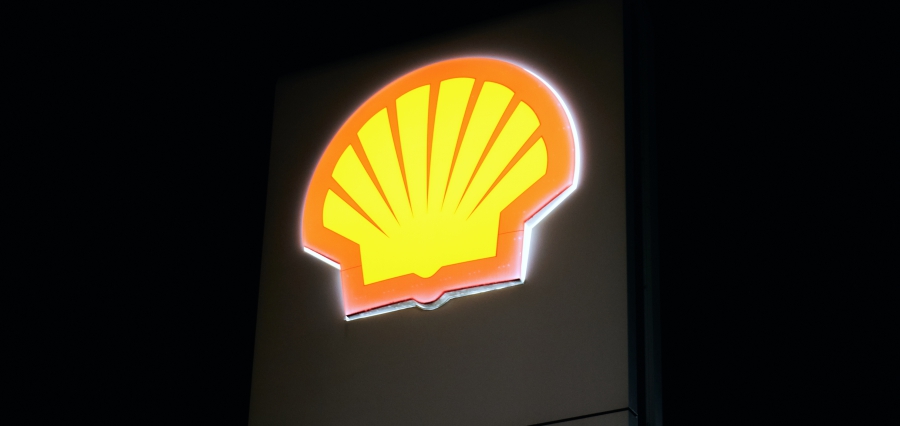Prime Highlights:
Shell and Equinor have agreed to a 50-50 joint venture that combines their UK offshore oil and gas assets.
It is based in Aberdeen, Scotland, and will be useful in the production of fossil fuel in the U.K and her energy security.
By 2025, it will become the largest independent oil producer in the UK North Sea and will produce more than 140,000 barrels a day of oil equivalent.
Key Background:
Shell announced plans to merge all Britain’s offshore oil and gas assets through a joint venture with Norway’s Equinor. The new company will be based in Scotland’s oil capital Aberdeen and will focus on ensuring there is enough energy supply in addition to maintaining oil and gas production in the UK. The transaction is expected to close by the end of 2025 and is subject to necessary regulatory approvals. As Shell reports, the joint venture will be the largest independent producer in the UK North Sea.
By 2025, the final product will be more than 140,000 barrels of oil equivalent per day in a joint venture. This will immensely contribute to meeting the UK’s energy needs with domestic production playing a pivotal role in the country’s energy transition, said Zoë Yujnovich, Shell’s Integrated Gas and Upstream Director. The new venture will play a critical role in a balanced energy transition, providing heat for millions of U.K. homes, power for industry, and the secure supply of fuels people rely on, Yujnovich said.
The new 50-50 partnership will pool the assets of both companies. For Equinor, it will hold stakes in Mariner, Rosebank, and Buzzard, while Shell’s will bring Shearwater, Penguins, Gannet, Nelson, Pierce, Jackdaw, Victory, Clair, and Schiehallion into the fold. The newly created entity will look to use this tie-up to maximize value from assets with better operational efficiency, according to Equinor’s UK Upstream Senior Vice President Camilla Salthe. “By integrating our portfolios, we would be much stronger,” said she, further emphasizing that the potential exists for the long-term value creation.
The U.K. government, through its fiscal policy particularly regarding the North Sea windfall tax, has realized that it needs to address some major concerns that most major energy firms have come to be. Analysts have identified potential tax synergies arising from the combination of Shell and Equinor’s assets, enabling both companies to sustain continuous growth within the U.K. News did affect the stocks of both companies, even though cutting down on capital allocation to the region. Shell’s stocks went down by 1%, and Equinor’s by 0.7%. Analysts consider the deal smart because it combines the best of both worlds and looks at the changing energy situation in the U.K.





